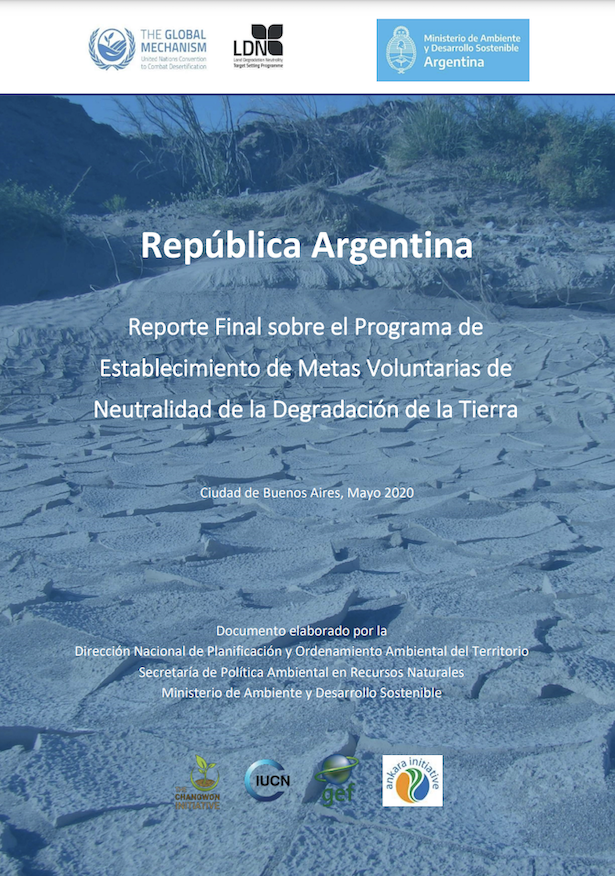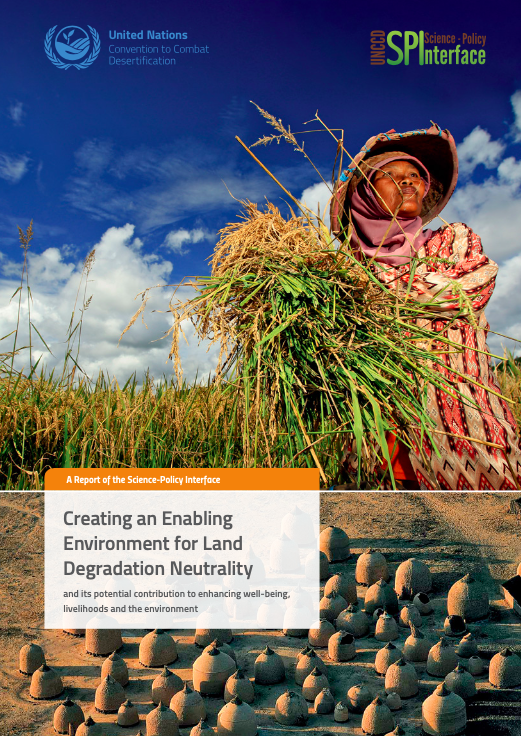Desertification–Scientific Versus Political Realities
Desertification is defined as land degradation occurring in the global drylands. It is one of the global problems targeted under the Sustainable Development Goals (SDG 15). The aim of this article is to review the history of desertification and to evaluate the scientific evidence for desertification spread and severity. First quantitative estimates of the global extent and severity of desertification were dramatic and resulted in the establishment of the UN Convention to Combat Desertification (UNCCD) in 1994. UNCCD’s task is to mitigate the negative impacts of desertification in drylands.






